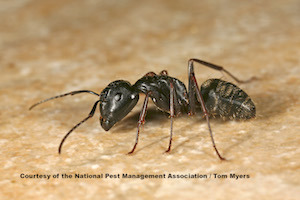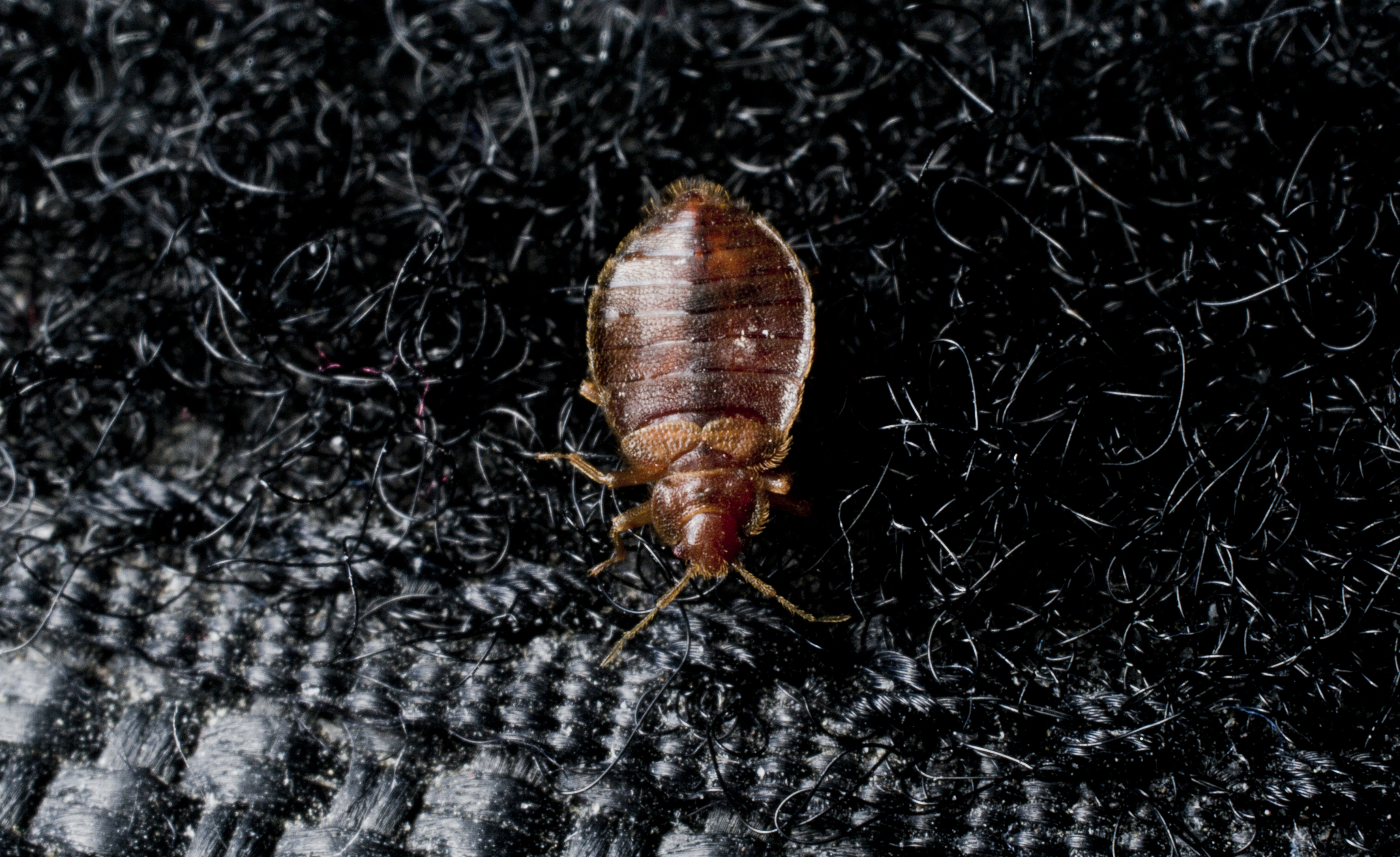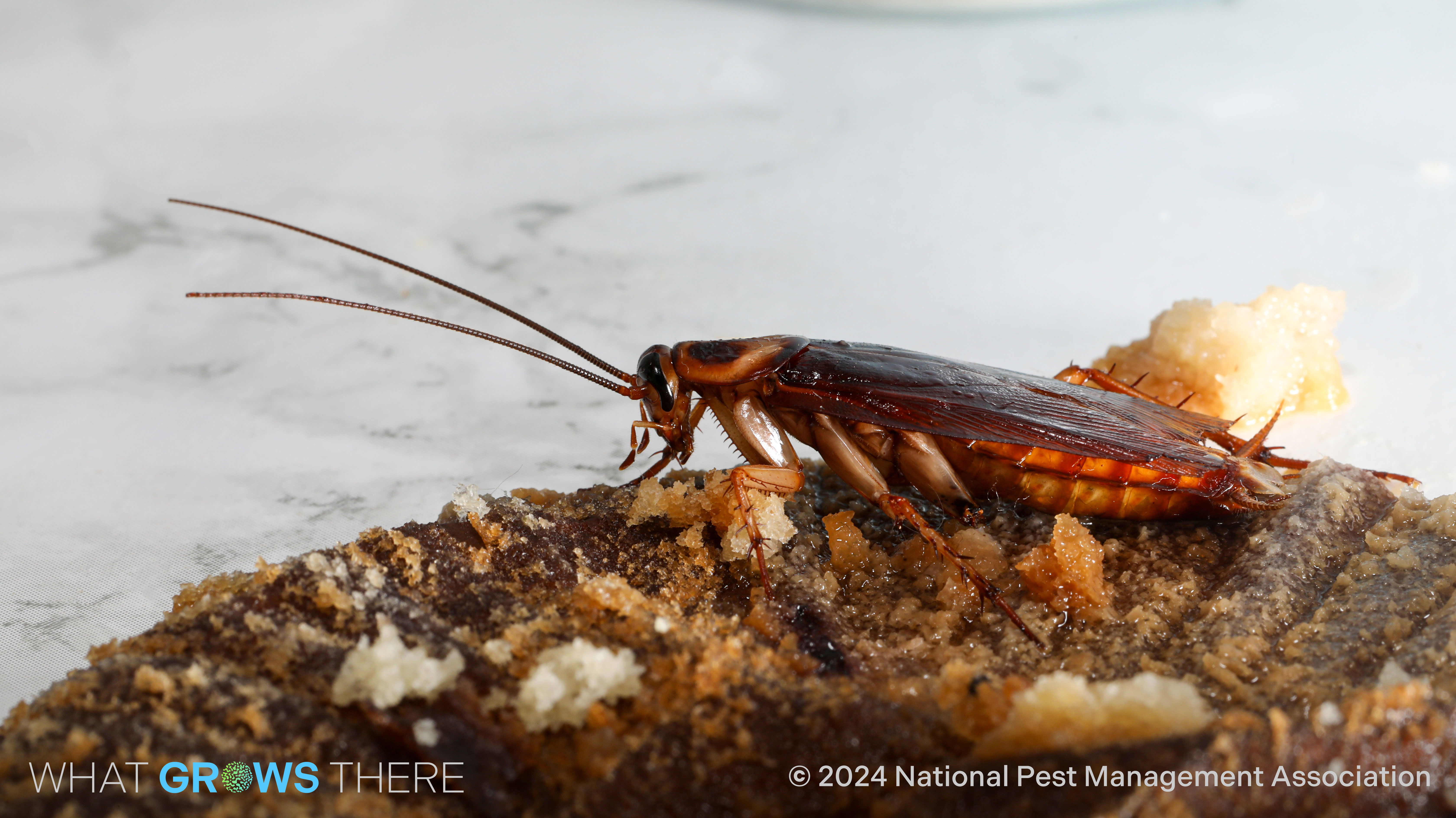Tick-Borne Illness on the Rise Across the U.S.
The National Pest Management Association is educating consumers on the threats posed by ticks during Tick Awareness Week.
Fairfax, VA (May 8, 2023) – Ticks are dangerous pests capable of transmitting debilitating diseases at increasingly alarming rates. In fact, one in five (22%) Americans know someone who has contracted Lyme disease from a tick bite, according to a recent NPMA survey conducted by The Harris Poll. In honor of Tick Awareness Week, May 7 – 13, 2023, the National Pest Management Association (NPMA) is spreading awareness about health risks associated with these experienced hitchhikers.
There are nearly 100 different tick species in the United States, with a handful posing specific health threats, including anaplasmosis, babesiosis, Powassan virus, tularemia, and more. Notably, there are two tick-borne illnesses on the rise across the nation:
- Lyme Disease: is the most common vector-borne disease in the U.S. According to the CDC, nearly half a million Americans are diagnosed and treated for Lyme disease annually. This concerning disease is transmitted by blacklegged (deer) ticks and is often recognized by a red “bull’s eye” rash near the bite site.
- Rocky Mountain Spotted Fever (RMSF): is one of the deadliest tickborne diseases in the region. Transmitted by different tick species, including the Rocky Mountain wood tick, brown dog tick and American dog tick, RMSF can pose serious health problems if not treated early.
“As people head outdoors more this season, it is essential to remain vigilant about the threats posed by ticks,” said Dr. Jim Fredericks, Senior Vice President of Public Affairs for NPMA. “In most cases, ticks must be attached for more than 24 hours before transmitting any pathogen. Thus, removing all ticks in a timely manner is critical to preventing disease.”
NPMA is offering the following prevention tips to stay protected this tick season:
- Keep grass cut low, including around fences, sheds, trees, shrubs and swing sets.
- When outdoors, use bug spray containing at least 20% DEET and wear long-sleeved shirts and pants, preferably light in color, so ticks are easier to detect.
- Once indoors, inspect your entire body, clothing, family and pets for ticks.
- If you suspect a tick infestation on your property, contact a qualified pest control professional immediately.
For more information about ticks, visit TickTalk.org and PestWorld.org.
###
Survey Methodology
This survey was conducted online within the U.S. by The Harris Poll on behalf of NPMA between March 2 - 6, 2023, among 2,044 adults ages 18. The sampling precision of Harris online polls is measured by using a Bayesian credible interval. For this study, the sample data is accurate to within +/- 3.9 percentage points using a 95% confidence level. For complete survey methodology, including weighting variables and subgroup sample sizes, please contact NPMATeam@vaultcommunications.com.
About the National Pest Management Association
The NPMA, a non-profit organization with more than 5,500 members, was established in 1933 to support the pest management industry's commitment to the protection of public health, food and property from the diseases and dangers of pests. For more information, visit PestWorld.org or follow @PestWorld on Facebook, Twitter, Pinterest, TikTok and YouTube.

Learn About Ants
Ants are a common pest homeowners struggle to eradicate. Learn more about them!

Bed Bug Pest Guide
Traveling for the holidays this year? Be sure to keep an eye out for bed bugs! Use our Pest Guide to help identify this pest.

NPMA's What Grows There? Project
Check out NPMA's What Grows There? project to learn how pests, such as flies, cockroaches and rodents, can spread germs throughout a home.

About the National Pest Management Association
The NPMA, a non-profit organization with more than 5,500 members, was established in 1933 to support the pest management industry's commitment to the protection of public health, food and property from the diseases and dangers of pests. For more information, visit PestWorld.org or follow @PestWorld on Facebook, X, Pinterest, TikTok and YouTube and @PestWorldOfficial on Instagram.

Learn About Ants
Ants are a common pest homeowners struggle to eradicate. Learn more about them!

Bed Bug Pest Guide
Traveling for the holidays this year? Be sure to keep an eye out for bed bugs! Use our Pest Guide to help identify this pest.

NPMA's What Grows There? Project
Check out NPMA's What Grows There? project to learn how pests, such as flies, cockroaches and rodents, can spread germs throughout a home.
